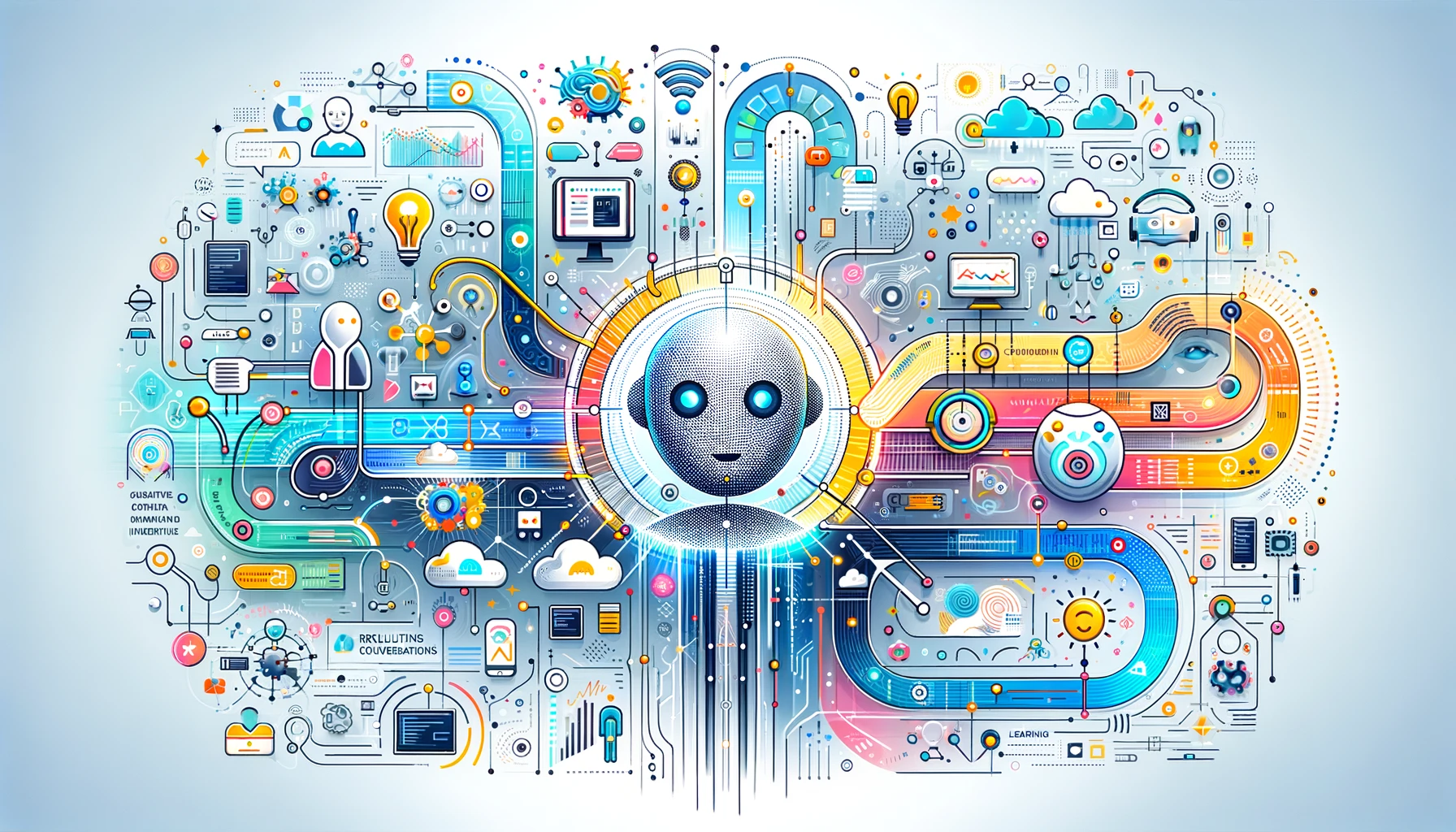
- November 8, 2023
- Devendra
Navigating the Next Wave of AI Chatbots: Innovations to Watch
Artificial Intelligence (AI) is reshaping the way we communicate, not just with each other but with machines. AI chatbots, once simple scripted responders, are now sophisticated digital interlocutors that can engage in meaningful dialogue. Here’s a look at the latest advancements that are defining the future of AI chatbots.
Contextual Understanding: Beyond Keywords
Early chatbots relied on keyword spotting to interpret user inputs, but the latest AI models understand context. This means chatbots can follow conversations, remember past interactions, and even anticipate needs. Leveraging deep learning, these chatbots are not just responding to direct queries but are engaging in proactive and relevant dialogue.
Emotional Intelligence: The Empathetic Bot
Emotional AI, also known as affective computing, allows chatbots to detect and respond to user emotions. Using sentiment analysis, they can adapt their responses to the user's mood, offering empathy and enhancing customer experience. This development is particularly significant in customer service and mental health support applications.
Voice Technology: Talking the Talk
With voice recognition technology becoming more accurate, voice-activated chatbots are on the rise. These bots cater to users' preferences for voice commands and can be found in virtual assistants like Amazon's Alexa, Apple's Siri, and Google Assistant. The integration of natural language processing (NLP) means these chatbots are becoming more conversational and personable.
Multilingual Capabilities: Breaking Language Barriers
AI chatbots are now capable of understanding and communicating in multiple languages, making them invaluable assets for global businesses. This multilingual support helps in scaling customer service and ensures inclusivity, allowing users from different linguistic backgrounds to interact seamlessly with technology.
Personalization: The Individualized Experience
Latest chatbots are not one-size-fits-all; they personalize interactions based on user data. By analyzing past purchases, browsing history, and user preferences, chatbots can tailor recommendations and services. This level of personalization is transforming marketing, sales, and even entertainment industries.
Continuous Learning: The Evolving Bot
Machine learning algorithms enable modern chatbots to learn from each interaction. They refine their understanding and improve their conversational abilities over time, leading to a richer user experience. This continuous learning also means that chatbots can keep up with changing user expectations and trends.
Ethical AI: The Trustworthy Chatbot
As AI chatbots become more prevalent, there's a growing focus on ethical AI. This involves ensuring transparency in how bots operate, protecting user privacy, and preventing biases in AI responses. Companies are prioritizing the development of ethical AI chatbots that users can trust and interact with safely.
The latest AI chatbots are not just revolutionizing customer service; they are changing the landscape of digital interaction. From e-commerce to healthcare, these AI-powered conversational agents are enhancing efficiency and providing new avenues for engagement. As AI continues to progress, the possibilities for what chatbots can do will only expand, marking a new era of human-computer interaction.
Popular Posts

November 8, 2023
Revolutionizing Conversations: The Latest AI Chatbot Innovators

November 8, 2023
